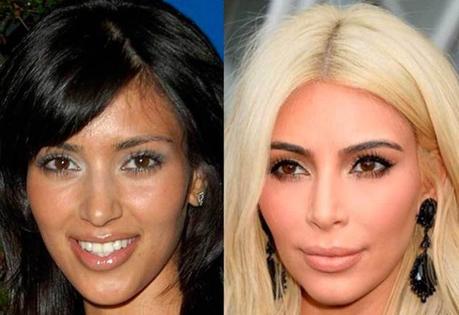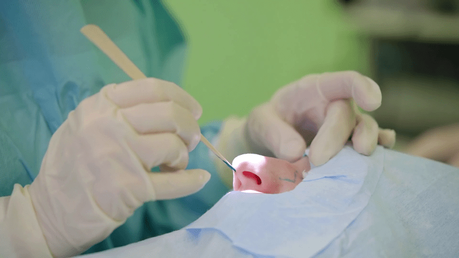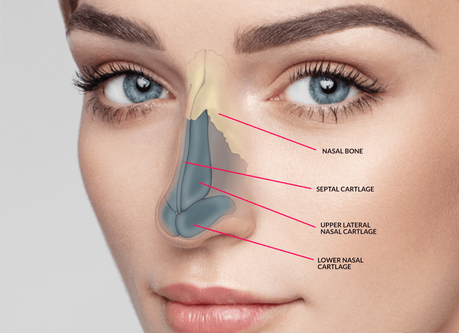The desire to be beautiful and appealing dates from when people became aware of their physical characteristics and how these affect others. With the advancement of science, technology, and medicine, people today can make fundamental changes to their looks. Rhinoplasty is one of the methods for which the majority of patients, who need plastic surgeons, decide.

There are two fundamental reasons why people decide on rhinoplasty. The first one is health, and the other is aesthetic. An unattractive aesthetic appearance of the nose can be caused by hereditary factors, earlier illnesses or injuries. Indications for the reshaping of the nose include the asymmetry of the nasal structure, dissatisfaction with its size, nose curvature, lowered nose tip, and so on.

Procedures of ethnic rhinoplasty begin by examining the patient's facial lines. You'll have something like a medical photo session - a doctor will take pictures of your nasal profile and front from different angles. Some doctors use special programs to show patients how their nose should look according to their facial characteristics.

People are beautiful in their own way, and our excellence reflects in our heterogeneity. On the link below, read how science observes and divide us by our facial characteristics: https://www.beautyanalysis.com/beauty-and-you/face-variations/face-variations-ethnic-group/.
In principle, ethnic rhinoplasty does not differ much from an ordinary nose job. The procedure itself is the same; maybe some finesse in the postoperative course varies. For example, in the case of a dark-skinned patient, the scars can heal slower due to thicker facial skin. Every experienced plastic surgeon should know the specifics of each genotype.
Preparation for Ethnic RhinoplastyIf you want to undergo ethnic rhinoplasty just to look better, not because of health, you should wait until your nose completes its growth. In females, this usually happens at the age of 15; in males, puberty last a bit longer, so all growth processes related to it will finish later. However, if you need surgery because of breathing difficulties, doctors can suggest rhinoplasty at a younger age.

Your results must be good, as you'll go under general anaesthesia. The surgeon will examine your history of illness and ask you about the current medications you are using, as well as about the medical conditions that you suffer from. If you have some chronic disease, a surgeon will advise you to see your physician. You'll need their approval before deciding on plastic surgery.
Nasal structure affects the appearance of the whole face. If you are not happy with how it looks, and that bothers you, it can cause some psychological issues. Therefore, if you are dissatisfied with its shape or size, but you don't want to lose your ethnic and personal identity, ethnic rhinoplasty is a real deal.
